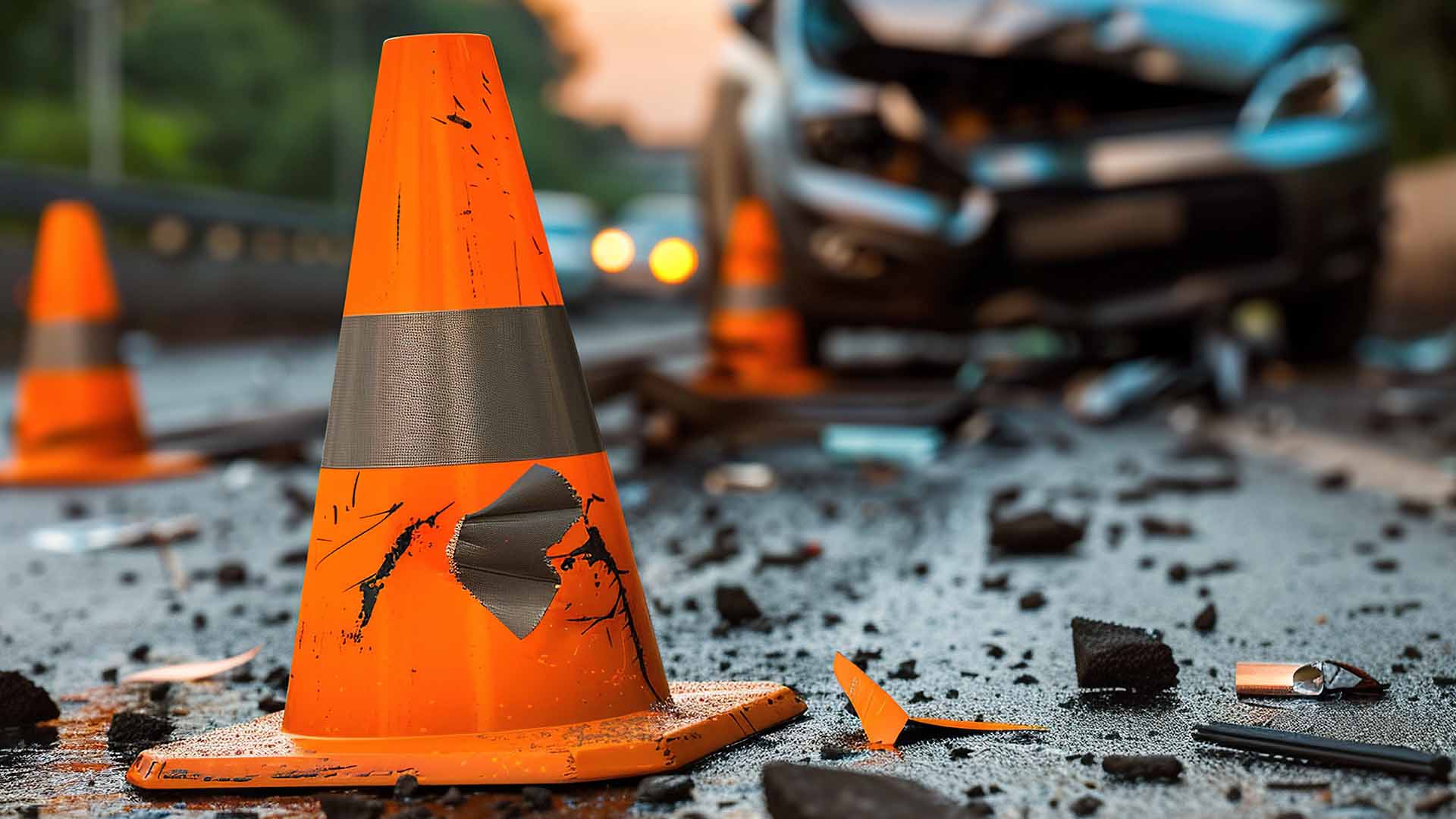
Representative Example: You could borrow £10,699 over 60 months with an initial payment of £495.89 (including £199 Admin Fee) followed by 58 monthly payments of £296.89 with a final payment of £495.89 (including optional £199 Option to Purchase Fee). Total amount repayable will be £19,012,40. 26.1% APR, annual interest rate (fixed) 13.3%.
The Admin Fee is a £199 fee that helps cover the costs of setting up your finance agreement. It covers things like preparing your agreement documents, carrying out credit and identity checks, and arranging payment to the broker. This fee is paid at the same time as your first payment, and it isn't refundable. It's separate from your deposit and from any other charges on your agreement.
The Optional Purchase Fee is a £199 fee you only pay if you decide to buy the car at the end of your finance agreement. You don't have to buy the car, that's entirely your choice. If you choose to hand the car back instead, you won't pay this fee. If you decide to keep the car, you'll need to pay the £199 Optional Purchase Fee, usually along with your final payment, to transfer legal ownership of the vehicle to you. This fee covers the cost of finalising your agreement and removing our interest in the vehicle. It's separate from your deposit and from any other charges on your agreement.
The amount shown is an illustration of a typical monthly payment based on the Representative APR. These figures are for guidance only; the actual payments and rate you're offered will depend on your individual circumstances and are not guaranteed. Please see below for details of how your first and final payments may be different.
How to check if a car has been written off?
When you're buying or financing a used car, it's important to know whether the vehicle has ever been written off. A write-off means the car was damaged so badly that repairing it wasn’t considered worth the cost. This can affect both the safety and the value of the car. Some sellers may try to hide a car’s write-off history to get a higher price, so it’s important to check on any used car you’re looking to buy.
A car is written off when it has suffered significant damage and an insurer decides it’s not worth repairing. This doesn’t always mean the car is unsafe, but it does mean the cost to fix it is more than the car is worth.
Insurers use different categories to explain how badly the car was damaged:
Each category tells you something important about the type and extent of damage the car has had. Knowing this can help you decide whether the car is safe, fairly priced, and suitable for finance or insurance. It also helps you avoid surprises later if you decide to sell or trade in the car.
You can check a car’s write-off status in a few different ways:
Always take your time and don’t rush into buying a car, especially if it has a complicated history. Trust your instincts, if something doesn’t feel right or you notice warning signs, it’s okay to walk away. When in doubt, get a second opinion from a trusted mechanic or use a professional inspection service before making any commitments.
Buying a car that’s been written off comes with several risks that you need to consider carefully. While these vehicles can sometimes be cheaper, the lower price often reflects hidden concerns like safety issues, reduced resale value, or trouble getting insurance or finance. Before you commit, it’s important to weigh these potential downsides against any savings and make sure you fully understand the car’s condition and history.
Written-off cars can be cheaper to buy, but it’s important to weigh that against the risks and the potential cost of future repairs.
If your car is written off after an accident, it can be a stressful and confusing time. Knowing what steps to take can make the process smoother and help protect your finances. From making sure everyone is safe to contacting your insurer and understanding what happens next, here’s what to do straight away if your car is declared a write-off:
The insurer will arrange for someone to inspect your car and decide whether it can be repaired or should be written off.
Yes, you’re still responsible for paying off your car finance, even if the car has been written off and can’t be driven. The finance agreement is separate from the car’s condition, so your lender will still expect the remaining balance to be paid unless it's cleared by your insurance pay-out or covered by GAP insurance.
If your car is on finance, contact your provider as soon as it’s written off. They’ll give you a settlement figure, the amount needed to clear the finance, which you’ll need to pass on to your insurer.
GAP insurance (Guaranteed Asset Protection) is designed to protect you financially if your car is written off and the insurance pay-out doesn’t fully cover the amount left on your finance agreement.
When a car is declared a total loss, your insurer will only pay out the vehicle’s current market value. But cars lose value quickly, especially in the first few years. That can leave you owing more than the pay-out and that’s where GAP insurance comes in.
GAP insurance covers the difference between:
Here’s how it works:
GAP insurance is particularly helpful if:
While it’s not legally required, it can offer peace of mind and prevent unexpected debt if something goes wrong early in your agreement.
Yes, in some cases you can keep your car after it’s been written off, depending on the insurance write-off category and your insurer’s policies.
Here’s what to know:
This could be a practical option if:
Important:
After your claim is complete, you’re free to search for a replacement car. If your previous car was on finance, keep hold of any documents proving the finance agreement was settled—you’ll need this if you plan to apply for car finance again.

